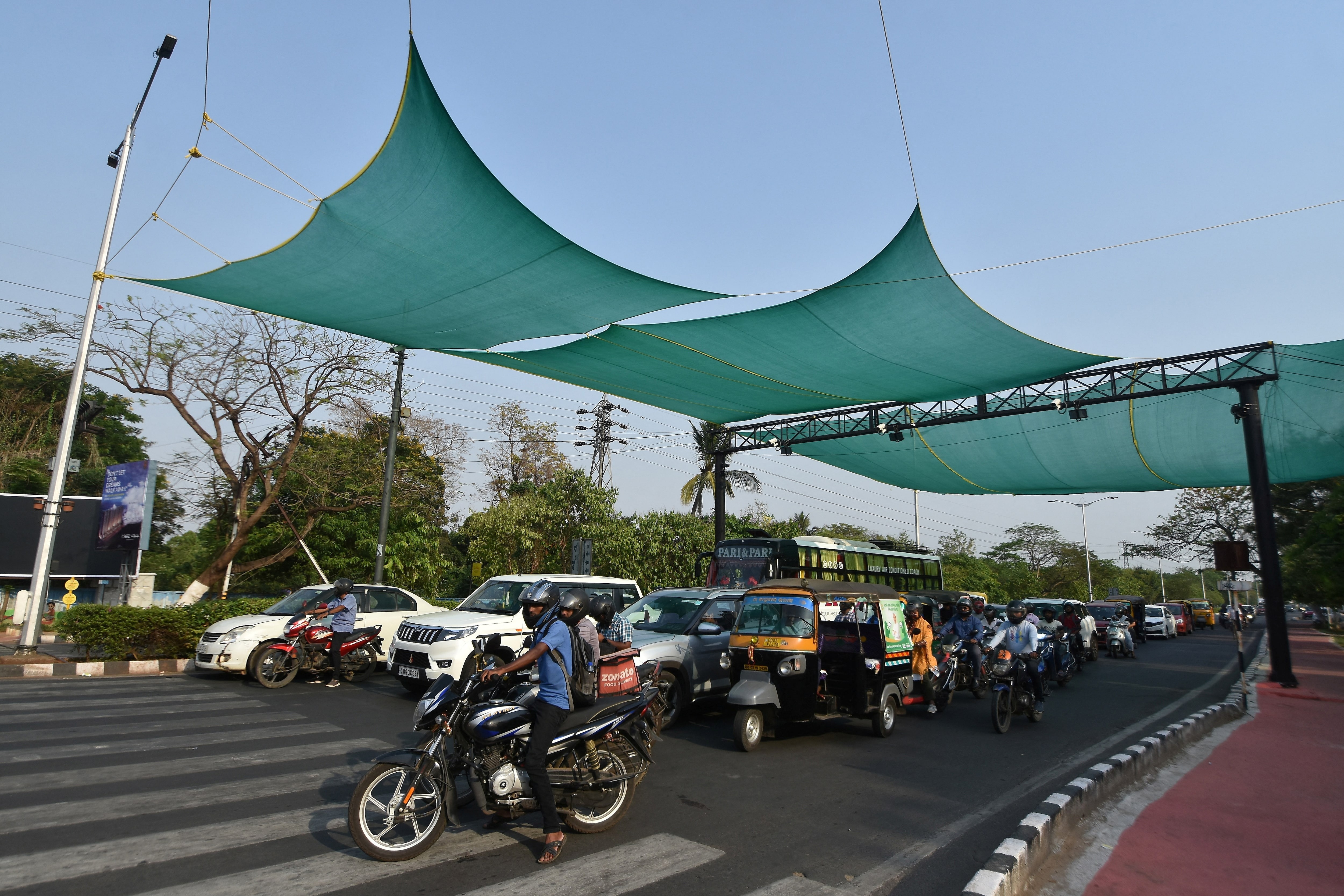
February is likely to also see above average temperatures in India as January was warmer than usual. This climate change represents a real threat to winter sown crops such as wheat, rape seed, and chickpeas in particular that need cold weather for proper development. When combined with higher temperatures, an expected lower-than-normal rainfall as indicated by the India Meteorological Department could adversely affect crops, and in the process early maturity and reduced yields. Punjab, Haryana, Uttar Pradesh and Madhya Pradesh are key wheat growing regions where they are most at risk. There have already been reduced wheat production followed by depletion of stocks, which has pushed up wheat prices amidst warmer winter periods. Moreover, decreased rapeseed production might also further increase India's requirement for import of vegetable oils, such as highly priced palm oil, soyoil and sunflower oil from countries such as Indonesia, Malaysia, Argentina and Ukraine.
--Advertisement--

 Share
Share



